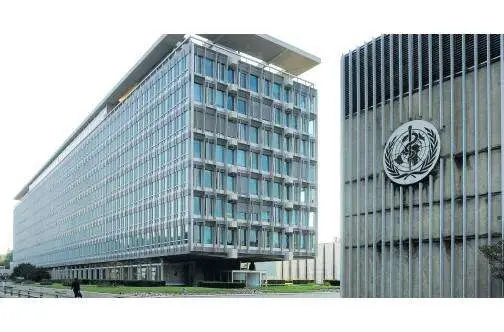GENEVA, Switzerland — The World Health Organization (WHO) is grappling with disruptions to its international health initiatives as a result of shifting donor commitments, raising concerns about the future of critical disease surveillance and emergency response efforts.
Recent funding pauses from major contributors have forced the agency to reassess its financial strategy, with some programmes already experiencing setbacks. Among them is the global measles surveillance network, which previously relied on consistent financial backing but now faces an uncertain future. WHO officials warn that without immediate solutions, efforts to track and contain outbreaks could be significantly weakened.
“We are in a difficult position,” acknowledged WHO spokeswoman Dr. Elaine Carter. “There are clear funding gaps, and we are working urgently to address them. But make no mistake—this is a serious situation.”
In addition to disease surveillance, response efforts in outbreak-prone regions have also taken a hit. Uganda’s recent Ebola outbreak highlighted the strain, with WHO stepping in to cover costs typically shouldered by external partners. The organization has had to redirect $3.4 million from its emergency reserves to support critical operations, but experts caution that this is only a short-term fix.
Beyond immediate health crises, WHO is also facing challenges in infection control and sanitation programs, which depend on steady financial support to maintain high-risk region interventions. With existing funding mechanisms under review, the organization is exploring alternative models, including broader public-private collaborations and new regional partnerships.
While WHO officials remain firm in their commitment to sustaining global health efforts, the road ahead remains uncertain. “We are determined to find solutions,” Dr. Carter said, “but we cannot ignore the reality—without long-term financial stability, millions of lives could be affected.”






